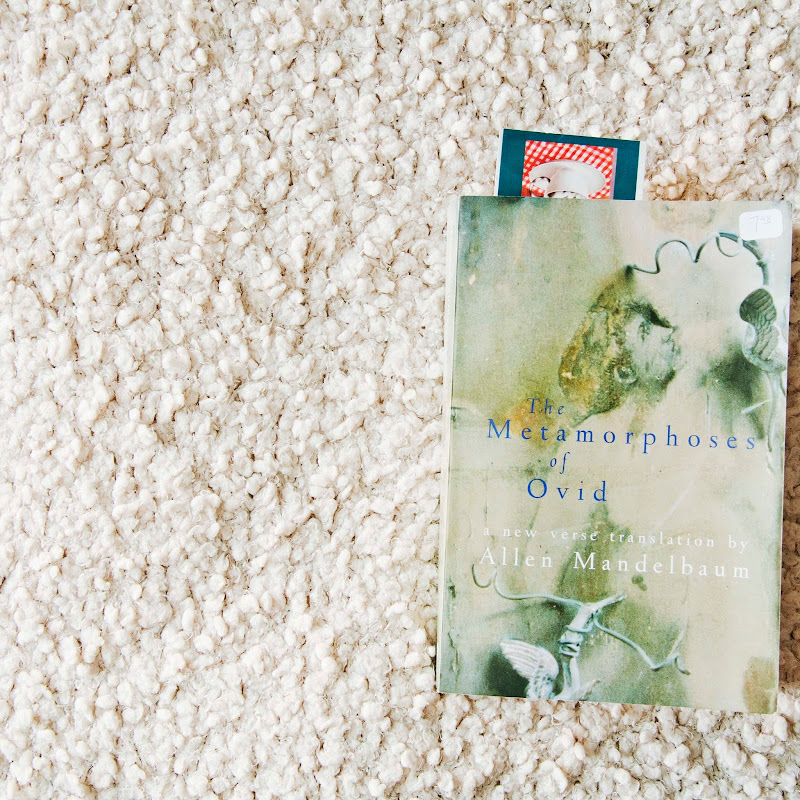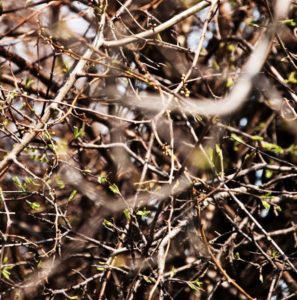O Galatea, You are whiter than
the snowy buds upon the privet hedge;
the blossoming of meadows cannot match
your blossoming; you are more slender than
the alder, brighter than clear crystal, and
more playful than a young goat, smoother than
the seashells polished by the unceasing waves,
more welcome than the sun in winter or
than shade in summer, more majestic than
the tall plane-tree, more clear and radiant
than ice, more sweet than ripened grapes, more soft
than feathers of the swan or curdled milk;
and if you did not flee from me, you would
be lovelier than a well-watered garden.
Yet you––the selfsame Galatea––are
more nasty than an untamed ox, more tough
than aged oak; you are more treacherous
than waves, more slippery than willow or
white bryony, more difficult to budge
than are these boulders, more tumultuous
than torrents, prouder than a praised peacock,
more fierce than fire, sharper than the thorns,
more savage than a she-bear shielding cubs,
and deafer than the sea, and with less pity
than snakes when stepped upon; and finally––
your worst defect, the fault that I would cure––
whenever you retreat from me, you are
not only swifter than the stag that flees
from barking hounds, but swifter than the breeze
that fleets, and winds that gust. And yet––were you
to know me somewhat better––you might then
regret your having fled: you would condemn
yourself for having kept me waiting––and
would try to hold your Polyphemus* fast.
––Ovid
* Although Galatea clearly portrays Polyphemus‘ monstrosity (see the 13th part of The Metamorphoses), one cannot help but be fascinated by the fact that even a monster appreciates beauty, and, by it, is led to love. Also worth noting that, not only does Cyclops compares Galatea’s beauty to nature but also her flaws. In so doing one may argue that Polyphemus is as humane as Galatea, and Galatea as monstrous as Polyphemus. In that, within nature is that which is considered beautiful and ugly. Thus in speaking of what he loves and loathes in Galatea, his passions are seemingly same.
—
J.A.O



